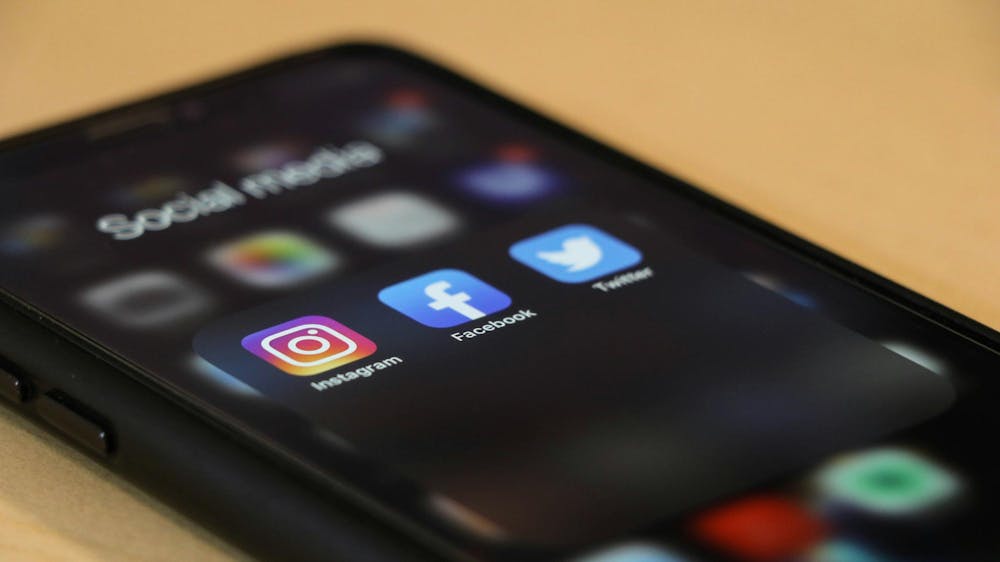In the digital age we live in, social media has become a crucial tool for anyone wanting to establish and maintain their branding.
It allows anyone, sports teams included, to connect directly with fans, build a community, and drive revenue through various marketing strategies.
So, let’s explore how social media is used specifically in sports branding and analyze examples from major and smaller leagues to see what can be learned from their example.
Brand Identity
Social media sites like X, Instagram, and Facebook have become an open door between sports teams and their fans through a direct line of communication which wasn’t available prior.
Now teams create content to share, like behind-the-scenes actions, exclusive interviews, and information about the events and games to keep them posted. It allows a team to grow a loyal, participating community of fans, which is key to establishing brand identity.
For example, the LA Lakers frequently use Instagram to post pictures and videos of the players' daily lives, training sessions, and community outreach programs, using polls to gather information on what the public thinks. In this way, it humanizes them and their players, giving the fans a feeling of closeness.
The New England Patriots, on the other hand, use X much more frequently to interact with fans. This is mainly through live Q&A sessions and interactive polls, which involve fans in the team's decision-making processes.
The idea of brand identity applies to all sorts of services, and the same goes for sports betting. One way to draw in new clients is the use of promo codes, like caesars sportsbook promo code, which offers unique bonuses for the newly registered players. This way operators forge recognition for their brand that over times remains iconic.
Fan Engagement
Fan engagement is a very important part of sports branding.
Using social media, teams can actively engage their fanbase in real-time and build a community and loyalty to their brand.
During live events, status updates, photos, and videos enhance the experience for followers who cannot attend in person or don’t have the means, such as subscriptions, to watch live.
In addition, fans can actively engage through comments, likes, and shares to create a virtual stadium-like atmosphere.
An example of this is the NHL's Toronto Maple Leafs, which utilize social media to enable fan participation by hosting live Q&A sessions with players and often post fan-generated content via their official channels.
These are the things that develop a close affinity between the fans and the team. Such engagement improves fan experience but, most importantly, allows teams to obtain information regarding fan preferences and interests, vital information for marketing campaigns.
For Local Teams
A great thing about social media is the accessibility, so the same methods the big guys use can be applied on any scale, smaller local teams included.
Even with very minimal resources, local brands can reach a large fan base outside their country’s borders.
A very good example of this is the English football club AFC Wimbledon. Their utilization of social media lies in sharing updates on community events, player interviews like the previously mentioned clubs, and match highlights, which helps maintain a strong connection with its supporters outside of the UK, like Africa.
Why Social Media Presence Matters
Social media is an important factor nowadays. Since it’s completely free and widely available as a resource, it wouldn’t be wise to ignore it.
In this respect, whoever wants to widen their team’s reach, should not focus solely on social networks, but also video sharing platforms like YouTube or TikTok to deliver targeted content to fans worldwide. The NBA shines in this regard again with their use of these resources.
In addition, social media provides teams with relevant data and analytics to track the performance of their marketing campaigns and allows them to know what ages prefer their content more. This allows them to refine their strategies for better resonance with their audience and potential new fans.
Finally, social media offers a toolset for creating immersive experiences, fostering community, and gathering valuable insights.
By leveraging platforms like Instagram, X, and YouTube and TikTok, sports organizations can not only benefit in fan loyalty, and tailor their marketing strategies to resonate with audiences worldwide, regardless of culture.
Ultimately, embracing social media is no longer a choice but a necessity for any sports brand seeking to thrive in the digital domain.
This post is provided by a third party who may receive compensation from the products or services they mention.


